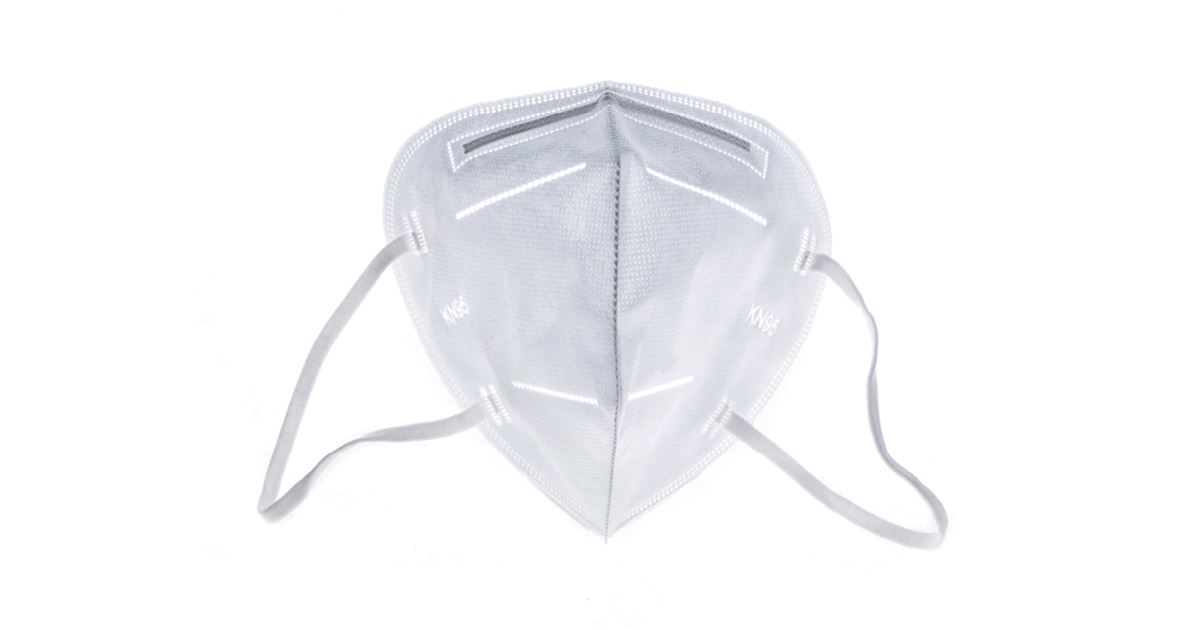Researchers from the Physics Institute at the University of São Paulo (USP) and the Institute for Energy and Nuclear Research (IPEN) compared the quality of 227 types of face masks sold in Brazil, measuring their ability to block the novel coronavirus (Aerosol Science and Technology, April 26). The study, led by physicist Paulo Artaxo and PhD student Fernando de Morais, confirmed the superiority of surgical masks. In the experiments, N95 masks blocked up to 98% of aerosol particles with a diameter of 120 nanometers, the size of infectious SARS-Cov-2 particles. Nonwoven fabric (TNT) masks had an average effectiveness of 78%. Cloth masks ranged from 15% to 70%. Besides the fabric quality, other factors such as the presence of a seam in the middle of the mask can reduce effectiveness. The use of two layers and a nose clip can significantly improve performance.
RepublishCovid-19
Mask effectiveness tests

Léo Ramos Chaves